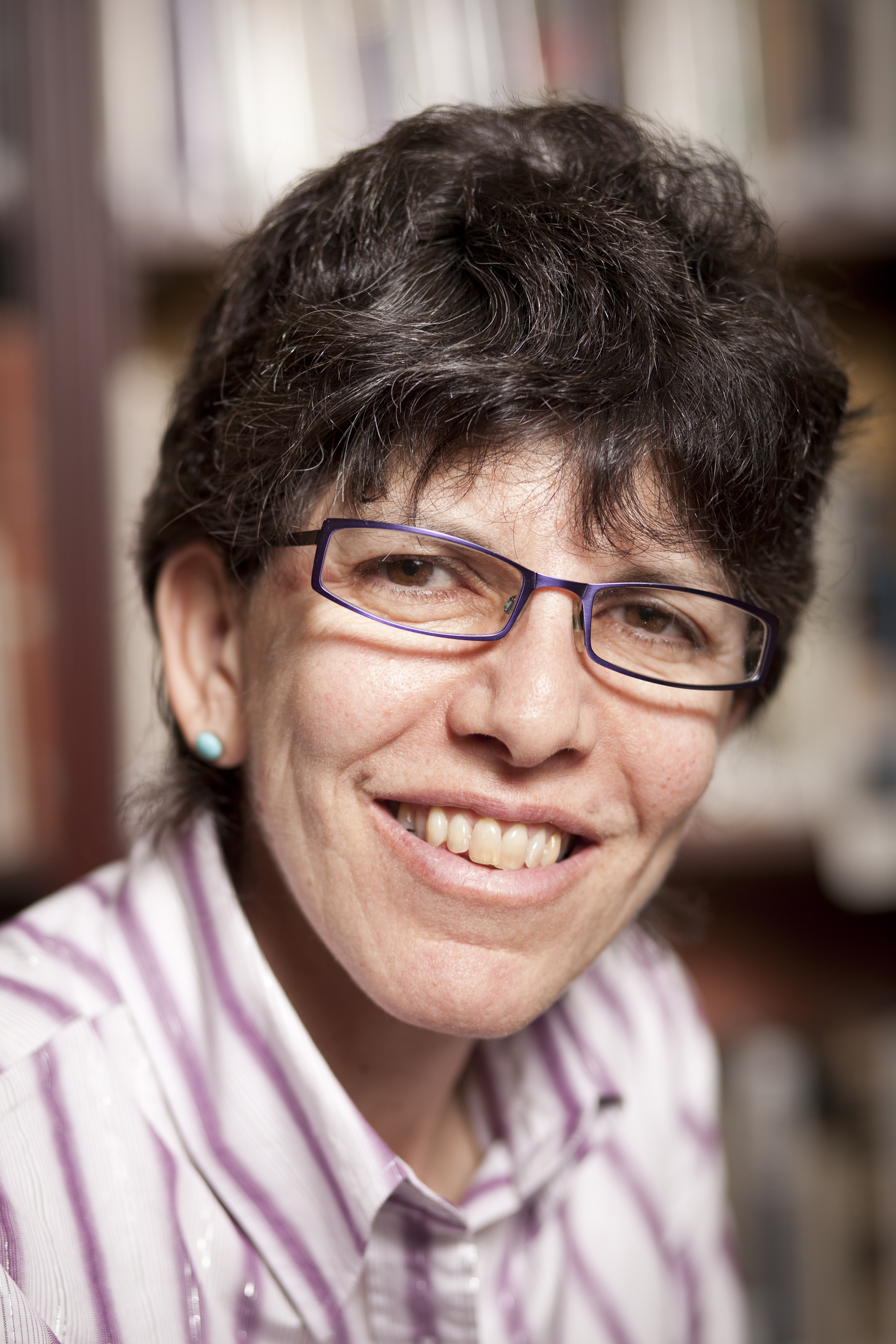My father’s family were refugees from Vienna, who fled just before World War II broke out, but not before my grandfather had been deported to Dachau. He remained incarcerated there from November 13, 1938, until January 19, 1939. He knew he had to leave Austria with his family. But leaving wasn’t easy. First, it meant leaving everything and everyone – home, business, relatives and friends. Then there was the issue of finding a country willing to receive them.
Fortunately, my father had gone to South Africa in 1936, and was able to arrange domestic permits for his parents and siblings to go to England. They remained in London for a few months before traveling on to the United States, where they settled in Chicago. My grandfather never recovered from his Dachau experience and his multiple losses, and died, aged 59, in 1955 six months after I was born. My grandmother became the breadwinner, working until she was 75, and died in a Jewish old-age home in her early 90s.
I attended family s’darim throughout my childhood, but long before I began to interrogate the Exodus tale and learn its lessons, the story of my father’s family—and the stories of my mother’s parents, who escaped pogroms in Tsarist Russia in 1905—taught me about the imperative to provide refuge to those in need.
And here we are now in the 21st century, following two centuries in which millions have been forced to flee their homes, and the plight of refugees remains one of the most pressing issues on the planet. Israel, a nation whose very raison d’être has been to be a haven for Jewish refugees, refuses to help those in flight from conflict in Sudan, Eritrea and nearby countries. (We’ll save for another day how Israel might help the Palestinians resolve their own decades-long refugee problem.) And yet, with Syria and Iraq torn apart by war that has generated millions of refugees, where should they go? On April 21, 2015, ISIS executed three Eritrean asylum seekers, who had been deported by Israel.
What is the meaning of a Jewish state? A state of the Jewish people–wherever we live? A state only for Jewish people? Or, a state established in order to put Jewish values into practice? According to the Torah, the purpose of occupying the land beyond the Jordan was, precisely, to establish a righteous society (Deuteronomy 30:15-16). And, significantly, that society was not meant to be for the Israelites – the descendants of Jacob/Israel – alone. The first legal code in the Torah, Mishpatim, which interrupts the account of the formation of the people at Mount Sinai, declares (Exodus 23:9):
And a stranger (V’ger), you shall not oppress; because you know the innermost being (nefesh) of the stranger, for you were strangers in the land of Egypt.
It’s not just on the basis of past experience that the oppression of strangers is prohibited. The rabble who became a people at SInai included, in addition to the Israelites, an erev rav—a ‘mixed multitude’ who had made the dash to freedom with them. (Exodus 12:38) The new People formed in the wilderness at Mount Sinai was multi-ethnic; united, not by blood, but by their consent.
Most years, including this one, we begin to read Bamidbar, the book of the Torah that focuses on the wilderness journey, in the week prior to Shavuot. The rabbinic sages transformed the agricultural feast of Shavuot into z’man matan Torateinu, ‘the season of the giving of our Torah’, thus making it possible to continue celebrating Shavuot after the Temple had been destroyed by the Romans in 70 CE, when it was no longer possible to make pilgrimage to Jerusalem with the first-fruits of the harvest. They also shifted the location from the land beyond the Jordan to the wilderness: midbar – a place of ‘nothingness’.
It was in the uncharted wilderness that a multi-ethnic people tasked with establishing a just society was formed. May the conjunction between Bamidbar and Shavuot remind us that ‘land’ only has meaning as a context in which to build a just society, and inspire us to participate in the work of campaigning on behalf of refugees throughout the world–not least, in Israel
Rabbi Elli Tikvah Sarah received s’mikhah in 1989 (Leo Baeck College), becoming the first lesbian to lead a mainstream congregation in Britain. She has been rabbi of Brighton and Hove Progressive Synagogue since December 2000, and is Liberal Jewish chaplain at Sussex and Brighton universities. Elli is a member of the British Friends of Rabbis for Human Rights and Tzelem UK, the rabbinic call for social and economic justice in the UK. She is author of Trouble-Making Judaism (David Paul Books, 2012).


